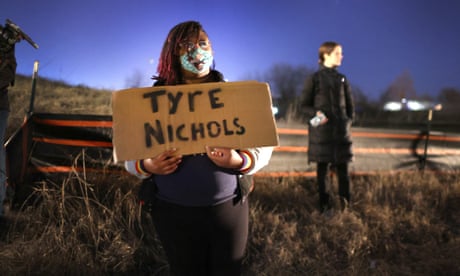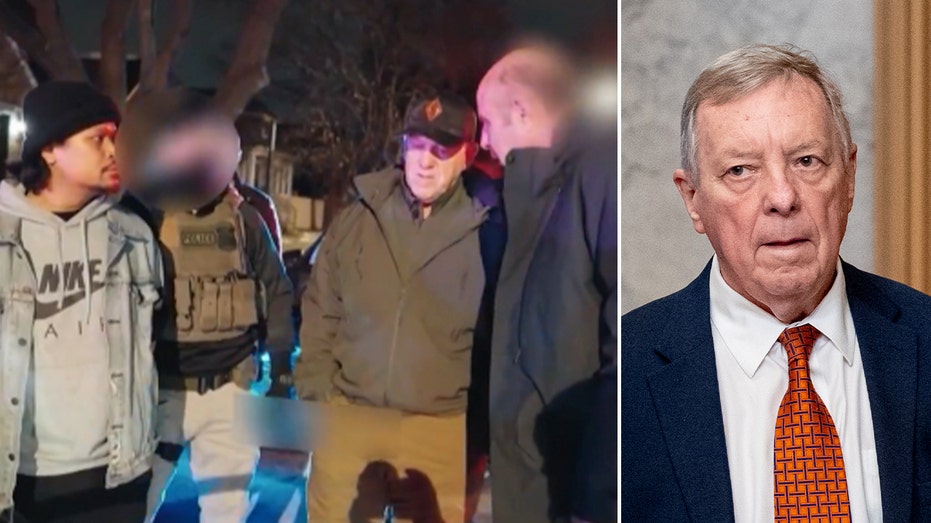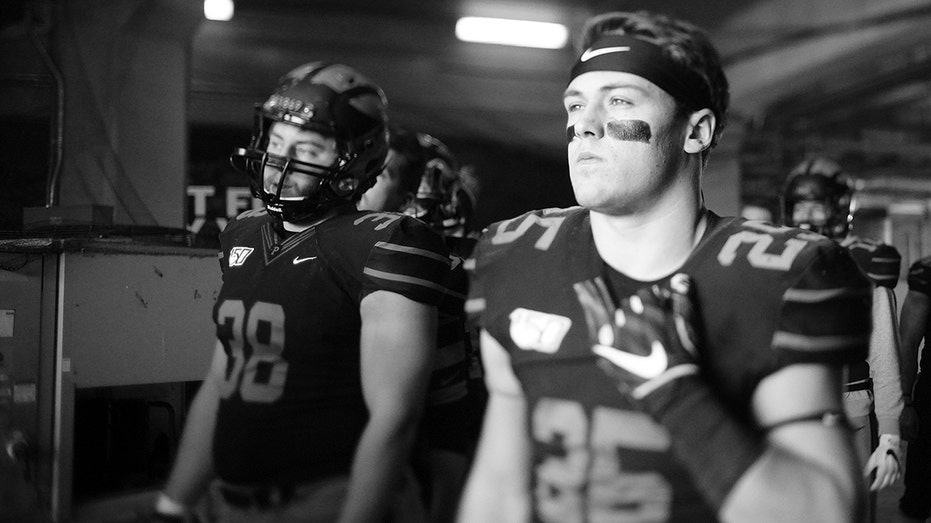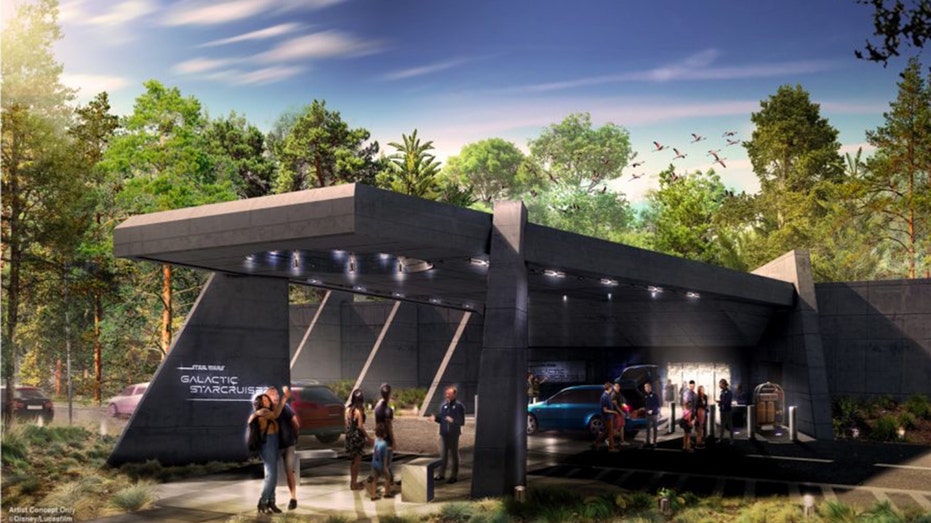- by foxnews
- 02 Feb 2025
Calls to ‘demolish and rebuild’ police as Memphis mourns Tyre Nichols
Calls to ‘demolish and rebuild’ police as Memphis mourns Tyre Nichols
- by theguardian
- 29 Jan 2023
- in news

As Nyliayh Stewart marched along Interstate 55 alongside protesters on Friday night, the moment of sorrow and anger felt familiar. Nearly a decade ago, in 2015, Stewart had been a teenager in Mississippi when she received word in the middle of the night that her cousin Darrius had been killed by a white Memphis police officer during a traffic stop while he was running away, according to witnesses at the time.
They had grown up like siblings. Stewart, now 24, heard the chants calling for justice for Tyre Nichols, the latest Black man killed by police in America, and felt the anger and anguish for his family. Unlike the five Black Memphis officers charged with Nichols's killing, the cop who shot and killed Darrius, who retired from Memphis police, was never indicted.
"This should not have happened," Stewart says. "This family should not have to bury him. My family should not have had to bury my cousin."
Months after Stewart's killing, amid the national outcry over police violence, Memphis police received body cameras. And now, as the city reels yet again from the beating death of a 29-year-old FedEx worker and skater, Tyre Nichols, at the hands of police, calls for further police reform have erupted again.
On Friday night, hours after city officials released video footage described by the police chief, Cerelyn "CJ" Davis, as "heinous, reckless and inhumane", Memphis residents descended on the highway bridge that divided West Memphis, Arkansas, and Memphis, Tennessee, cutting off traffic for hours. In this historically Black city, Martin Luther King Jr was assassinated at a motel when he was in town supporting the strike of sanitation workers.
Nearly seven years earlier, more than 1,000 Memphis residents took over the same bridge in the largest act of civil disobedience in the city's history following the police killings of Alton Sterling in Louisiana and Philando Castile in Minnesota.
Residents on Friday night described how the police "terrorized" citizens through their policing practices that target impoverished neighborhoods in the city.
Outside Martyrs Park, where protests first began, community organizers called for continued rallying in the coming days as city officials wrestle with how to move forward following charges against five Memphis officers and the relieving of duty of two Memphis firefighters, and in light of civil rights investigations.
Stewart says the police need to be "demolished and rebuilt" and reform their practices and training, as well as stop "unnecessary traffic stops". That echoed what other community organizers who spoke to the Guardian demanded.
Amber Sherman, a community activist in Memphis, said that the city's previous reform efforts, known as 8 Can Wait, a model taken by other police departments across the country, contributed to how swiftly the officers were fired but argued that more needed to be done.
She called for city officials to listen to the demands of Nichols's family, which include the dismantling of the so-called Scorpion (Street Crimes Operation to Restore Peace in Our Neighborhoods) unit, one of several specialized units launched in 2022 and dispatched to neighborhoods for "crime suppression". The unit was involved in Nichols's stop but it's unclear how many.
Sherman described the units as there to "just torture and be violent toward citizens". She decried the city's investment in police while they refuse to "the actual causes of poverty" such as improving job opportunities and eliminating food deserts. "Instead of offering support, we offer more police and make more taskforces," she says.
Sherman also called for releasing the names of all the people involved in Nichols's death and an end to pretextual traffic stops such as for broken lights, tinted windows and loud music.
Community organizer Antonio Cathey, who grew up in Memphis, hoped that the city could work toward healing and rebuilding a broken trust in the police. Cathey, who started as an organizer for Fight for 15, described how police had harassed him and installed cameras outside his house. Community members needed to continue pressuring officials and reorganize. "There's no trust right now," he says. "We know that the police will put more resources into Black neighborhoods than white neighborhoods to oppress the oppressed."
In Memphis, city data compiled by the TV station WREG showed that cops are seven times as likely to use force on Black men as white men in Memphis, a troubling yet consistent disparity seen throughout the US. In Nichols's case, police claimed that Nichols had driven recklessly but the police chief said she couldn't substantiate that cause based on the video footage.
For Stewart, it didn't matter that the officers were Black, noting that they were part of a system with its roots in slave-catching patrols and were a "racist organization that needs to be demolished and rebuilt". "Once you put that uniform on, you chose that," she says.
"We got to stand up for what's right," she added. "We're having kids now. And it's like our kids could be next."
- by foxnews
- descember 09, 2016
Disney reveals fate of closed Star Wars hotel
The building that was formerly home to the Star Wars: Galactic Starcruiser at Walt Disney World in Orlando, Florida will be repurposed, the company confirmed to local media earlier this week.
read more


